Shamaine Daniels has a real shot at usurping Scott Perry in November
It’s an uphill battle for Shamaine Daniels in PA’s 10th Congressional district, but she’s likely to turn heads no matter the outcome.
As someone who’s worked as an immigration lawyer for a majority of the last two decades, it was in 2016 when the work began taking a toll on Shamaine Daniels.
It was the year President Donald Trump was elected on the back of a campaign that wanted a wall built on the U.S.-Mexico border and utilized as much anti-immigrant rhetoric as has ever been heard before in a race for political office, especially for president.
The effects of that race were felt in the years immediately after it and continue to this day in the form of a wave of candidates for office that use the same rhetoric.
In Pennsylvania’s 10th Congressional District, comprising its capital of Harrisburg and York in the central part of the state, the rhetoric emboldened Rep. Scott Perry and his fellow Tea Party movement and Freedom Caucus members to be even louder with their racist, xenophobic ideals and policy plans now that it had entered the mainstream discussion.
For Daniels, it was the authoritarianism that struck home, as she called Perry “dangerous.”
{"preview_thumbnail":"/sites/default/files/styles/video_embed_wysiwyg_preview/public/video_thumbnails/10vxex0yb-o.jpg?itok=W8FEK1NB","video_url":"https://www.youtube.com/watch?v=10vxex0yb-o","settings":{"responsive":1,"width":"854","height":"480","autoplay":1},"settings_summary":["Embedded Video (Responsive, autoplaying)."]}
“Not just me and my family, but I've spoken to other immigrant groups. We're all having PTSD from the stuff we experienced in our countries,” she said. “To see someone purposefully wanting the structures we left, that’s not the U.S.”
A pretty good, but unstable life
Daniels is a native of Venezuela, born in Tucupita, the capital of the country’s Delta Amacuro region, but she grew up a little south, in Ciudad Guayana. It was a “very tough region” in her own words due to its industry, which revolved around mining things like bauxite, aluminum, sulfur, manganese, and gold.
The climate was arid and punishingly hot, keeping a young Shamaine often holed up in her family’s air-conditioned house studying.
“I think the heat is partly responsible for me being a nerd because the way to be in air conditioning was to study,” said Daniels.
She went to private school and her family was firmly within Venezuela’s middle class, meaning they still saw the wild economic turns the country took, but were often insulated from the worst of consequences through who they knew.
It didn’t mean they were immune from it all.
{"preview_thumbnail":"/sites/default/files/styles/video_embed_wysiwyg_preview/public/video_thumbnails/cnziF8T-hO4.jpg?itok=eiMszLcu","video_url":"https://www.youtube.com/watch?v=cnziF8T-hO4","settings":{"responsive":1,"width":"854","height":"480","autoplay":1},"settings_summary":["Embedded Video (Responsive, autoplaying)."]}
Beyond the bolivar’s frequent nosedives, her brothers and male cousins often faced the brunt of abuse from corrupt law enforcement and ran the risk of being kidnapped and forced to join the military.
These growing risks began to eat at the back of her mom’s mind as Daniels’ brothers got older, and she eventually made the decision to move the family to the U.S.
“I think my mom just started to realize the life we have is pretty good, but it's pretty unstable,” she said.
Philly, “a bastion of greenery”
The U.S. also wasn’t completely foreign territory for the family, as it often traveled there on vacation, and Daniels’ mom’s family had been going there since the 1950s and had put down some roots.
Her mom’s favorite U.S. city? Philadelphia.
In contrast to the red mud and dryness of Ciudad Guayana, Philly’s nature was the apple of her eye.
“Believe it or not, for her, Philadelphia was this bastion of greenery,” said Daniels.
But while its greenery projected open arms for the family upon its arrival to the city’s Northeast in 1991, their neighbors shattered any illusions of a welcome party.
“The moment the neighbors realized we were the tenants they told us to go back to where we came from. They had their kids threw rocks at our house, and it just went downhill from there,” said Daniels.
At the time, the family was one of two of color on a white working-class block.
Ambassador dreams, immigration reality
In school, Daniels joined in the eighth grade, but had to miss 10 days to start her first year because the family’s immigration papers were messed up and she hadn’t received proper identification documents. When she finally did get to school, she lied about her English proficiency to get out of ESL classes.
“If you’re placed in ESL, you're at a disadvantage for getting into college,” said Daniels.
{"preview_thumbnail":"/sites/default/files/styles/video_embed_wysiwyg_preview/public/video_thumbnails/GBQb1WVDiHQ.jpg?itok=9bsl0v4v","video_url":"https://www.youtube.com/watch?v=GBQb1WVDiHQ","settings":{"responsive":1,"width":"854","height":"480","autoplay":1},"settings_summary":["Embedded Video (Responsive, autoplaying)."]}
Around the time of high school graduation, she got help from a guidance counselor that wasn’t her assigned one to apply and get into and attend West Chester University on scholarship. There, Daniels got heavily involved in student government and developed her first dream of becoming the U.S. Ambassador to Venezuela. The only problem was she needed to be a citizen to work in any capacity in an ambassador’s office.
“I was just devastated, so I had to kind of figure out what I'm going to do next,” she said. “I pivoted to law because when we came to the U.S., our immigration process was messed up by the lawyer, and it’s a way of still giving back. Immigration also has these ties to international human rights and diplomacy in weird ways at times.”
For her law degree, Daniels went to the University of Cincinnati and started her career while still in school by opening an immigration law clinic in the city with a friend. She would also take internship opportunities helping with farm worker rights in Washington state and practicing tribal law in Idaho.
RELATED CONTENT
Daniels arrived in Harrisburg in an effort to merge both her and her ex-husband’s law careers in the same city, and eventually took up work at the Community Justice Project, a statewide nonprofit firm that helps with a number of issues, including immigration.
The cases she took on there saw her travel to places like Reading, Scranton, Pittsburgh and Hazleton to defend immigrant’s rights. In the latter, Daniels was a part of a particularly high profile case when then-Mayor of Hazleton Lou Barletta attempted to enact an anti-immigrant ordinance that banned landlords from renting to undocumented tenants. Her team won in getting a U.S. district court judge to rule it unconstitutional in 2007, and the Supreme Court refused to take up the case in 2014.
Surprising political success
While rewarding, the schedule was grueling, and didn’t allow Daniels much wiggle room to do much outside of work. Still, she tried to dip her toe in politics by offering to do Spanish translations for the local Dauphin County Democratic Committee.
She didn’t hear anything back, but reached out again as she transitioned to work at the Disability Rights Network, which gave her a much more regular schedule. This time, Daniels heard back from the chair of the committee, a lunch was quickly organized, and she became an officer.
The year was 2011, and the committee thought it had a good shot of winning with a candidate for state senate, but it needed to make the much richer local Republican Party spread its wealth to lower races to have a chance. To help the cause, Daniels ran for a County Clerk of Courts position, but was primaried and lost.
“So really, the Democrats just wasted their money, but people were surprised because I didn’t know anybody at how well I did,” she said.
Despite losing the race as a whole, Daniels raked in 75% of the vote in Harrisburg city, the most diverse part of the district. She would use that to her advantage as she ran for city council two years later, becoming the first Latina to ever sit on Harrisburg’s governing body.
Betting on the ignored
It’s also what she’s banking on to flip the seat long held by Perry in 2022.
Harrisburg is majority African-American at 51%, according to the latest census data, and is now also 23% Hispanic. Perry’s 10th Congressional also contains York, where Hispanics have the largest nonwhite population at 33%, followed by African-Americans at 26%.
Despite the rising numbers, they’re populations rarely tapped into by candidates running from both parties in the district. On the Democratic side, according to Daniels, it’s always been about taking moderate votes from Perry, which has proven an unsuccessful tactic in every election run against him in the past.
In her mind, the people that hate him or are engaged on the Democratic side, will vote against him no matter his competition.
“My job is to get the folks who need a reason to come out,” said Daniels. “We've created an economic and political climate that has made just daily living difficult for so many people, so for them to take a few minutes out of their day… we need to give them a reason to do it.”
She also thinks that some of the issues in play during this election cycle, like abortion and gun control, could be major motivating factors to get those voters behind her campaign.
A first for PA?
It’s an uphill battle, but one that could see Daniels make history as the first Latina ever elected to Congress from Pennsylvania.
When it comes to that kind of representation, Daniels is reminded of an experience during her first run for office more than 10 years ago. She spoke to an ESL class, and one student’s fascination with her story still sticks.
“I remember this one girl, just being astonished at someone who wasn't born in the U.S. could run for office,” said Daniels.
The same thing happened during this run, as she ran into a student considering West Chester University for college.
“It is possible for me to end up doing the same thing you’re doing,” were the student’s words.


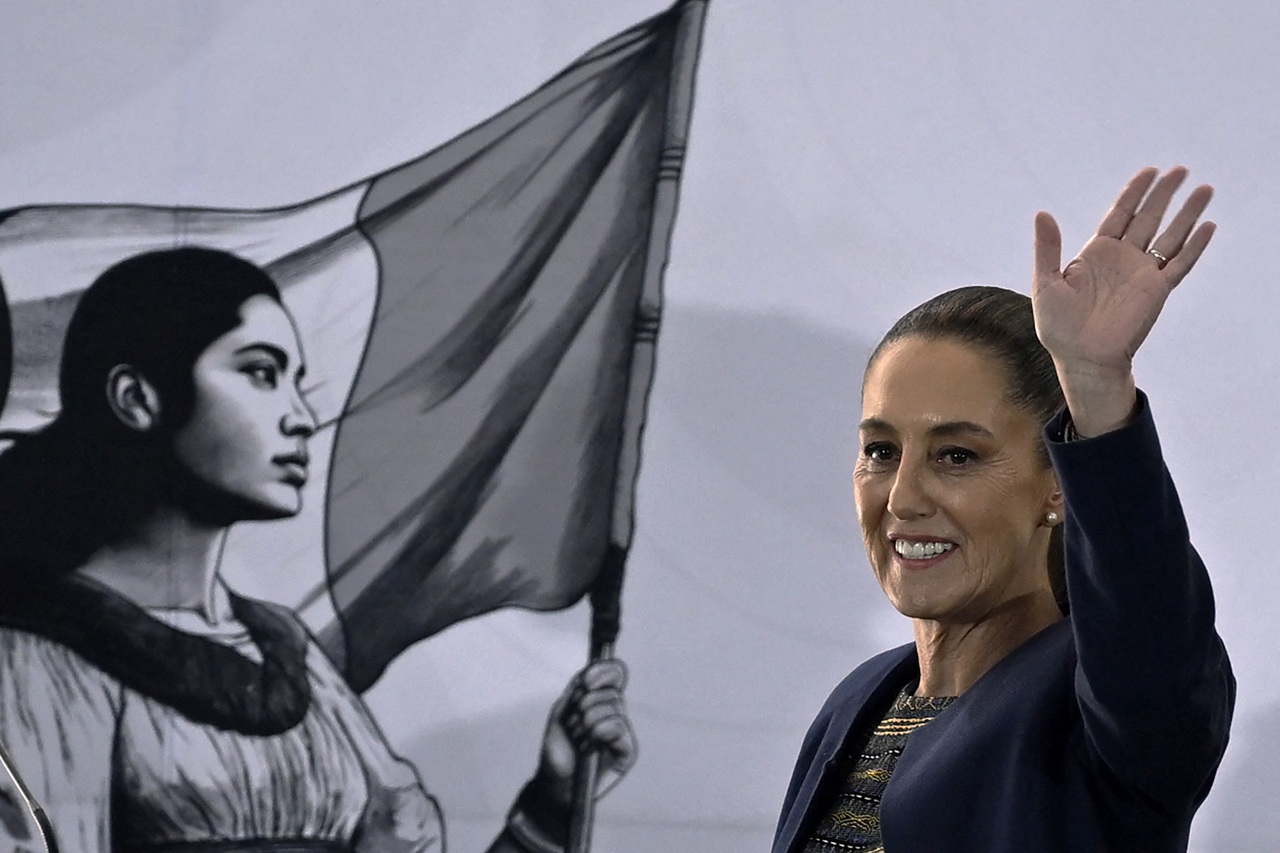
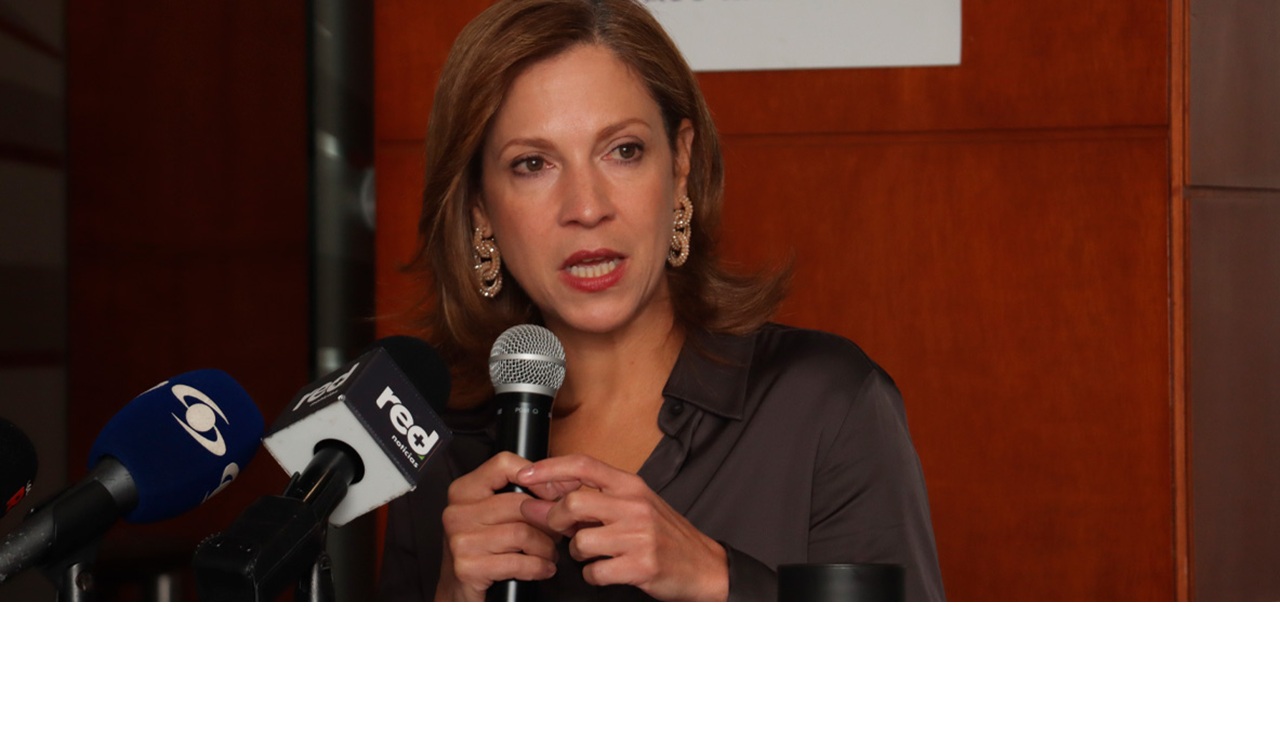
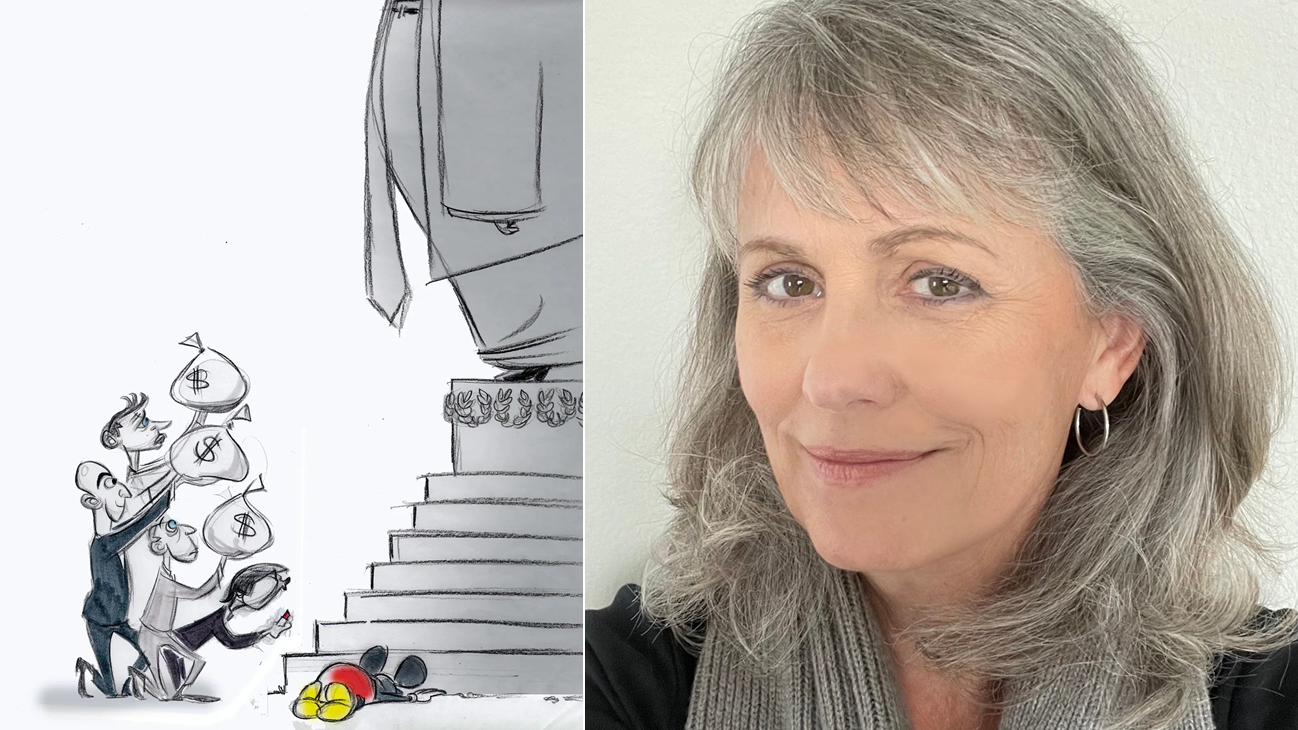
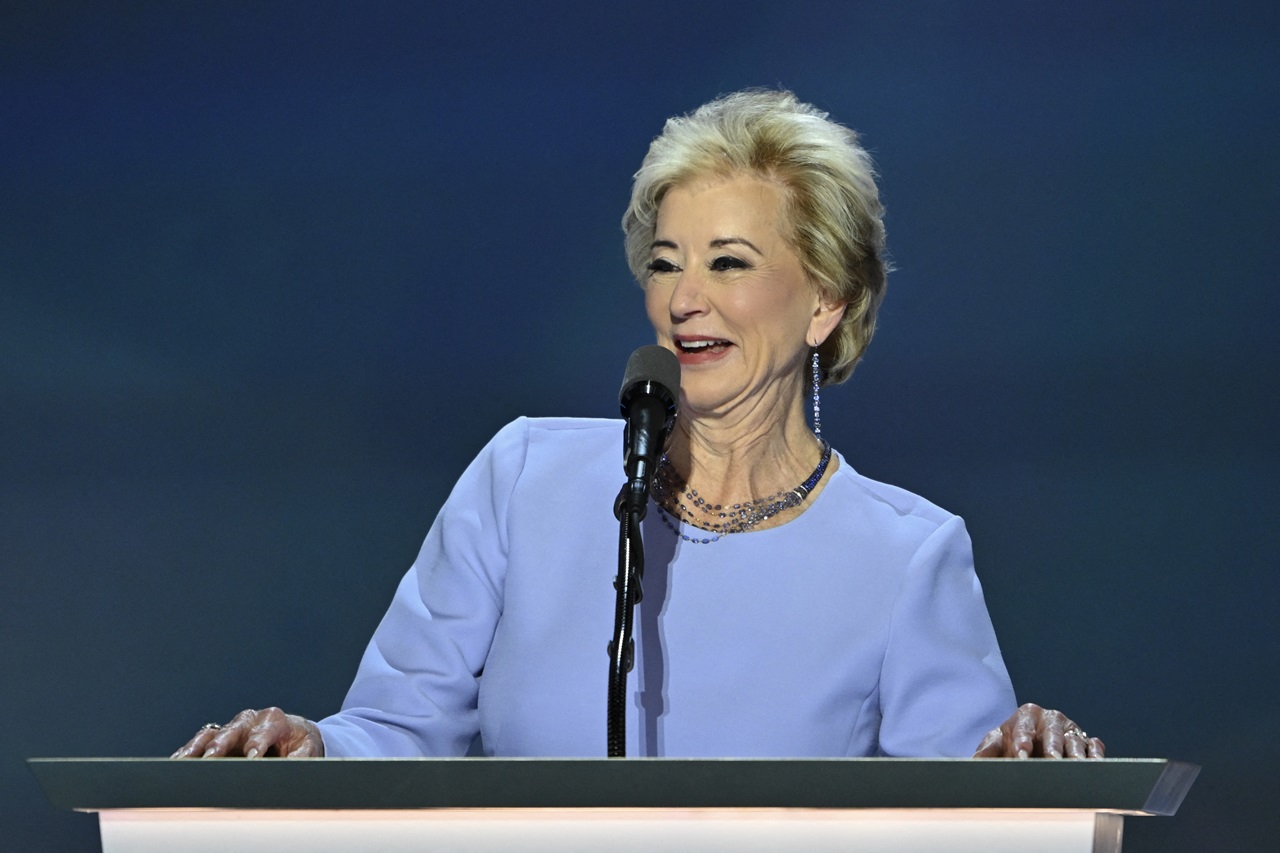
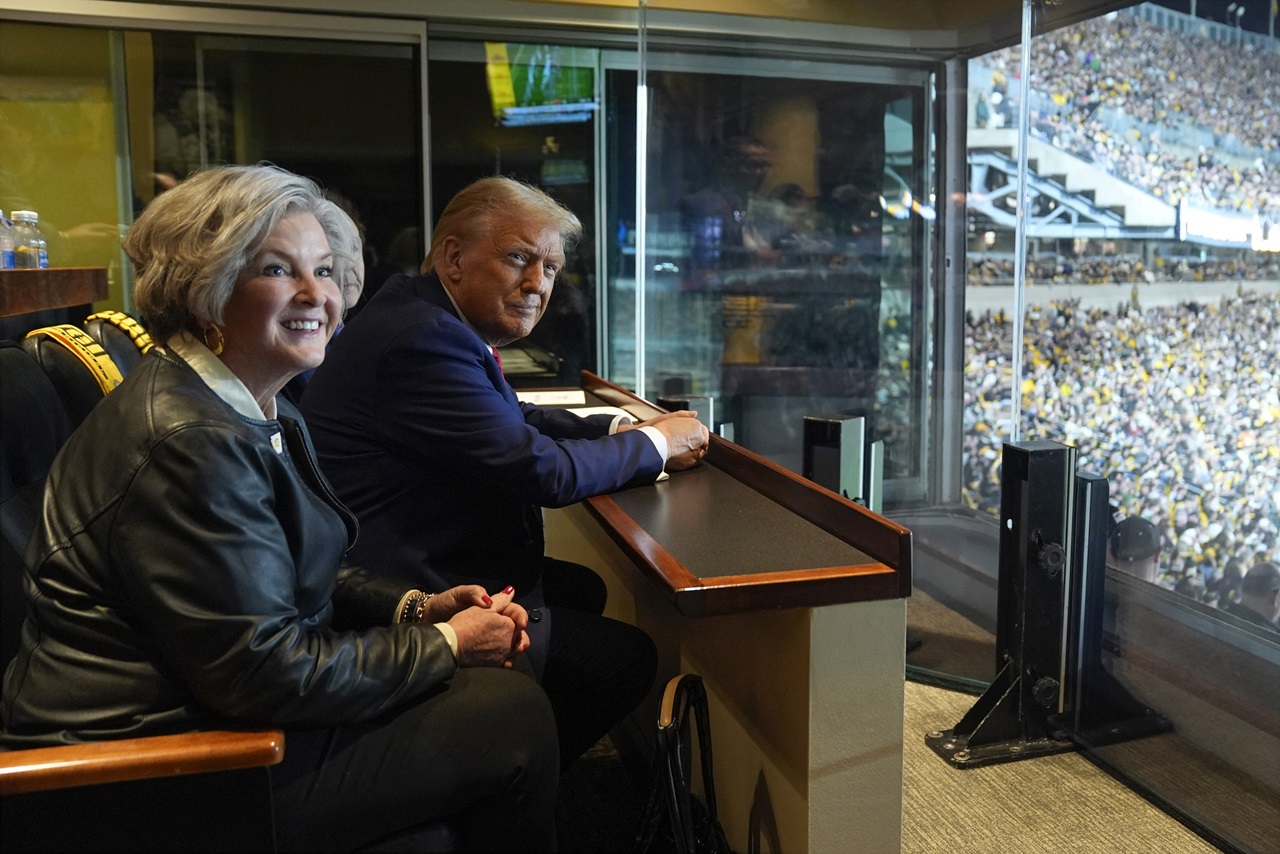
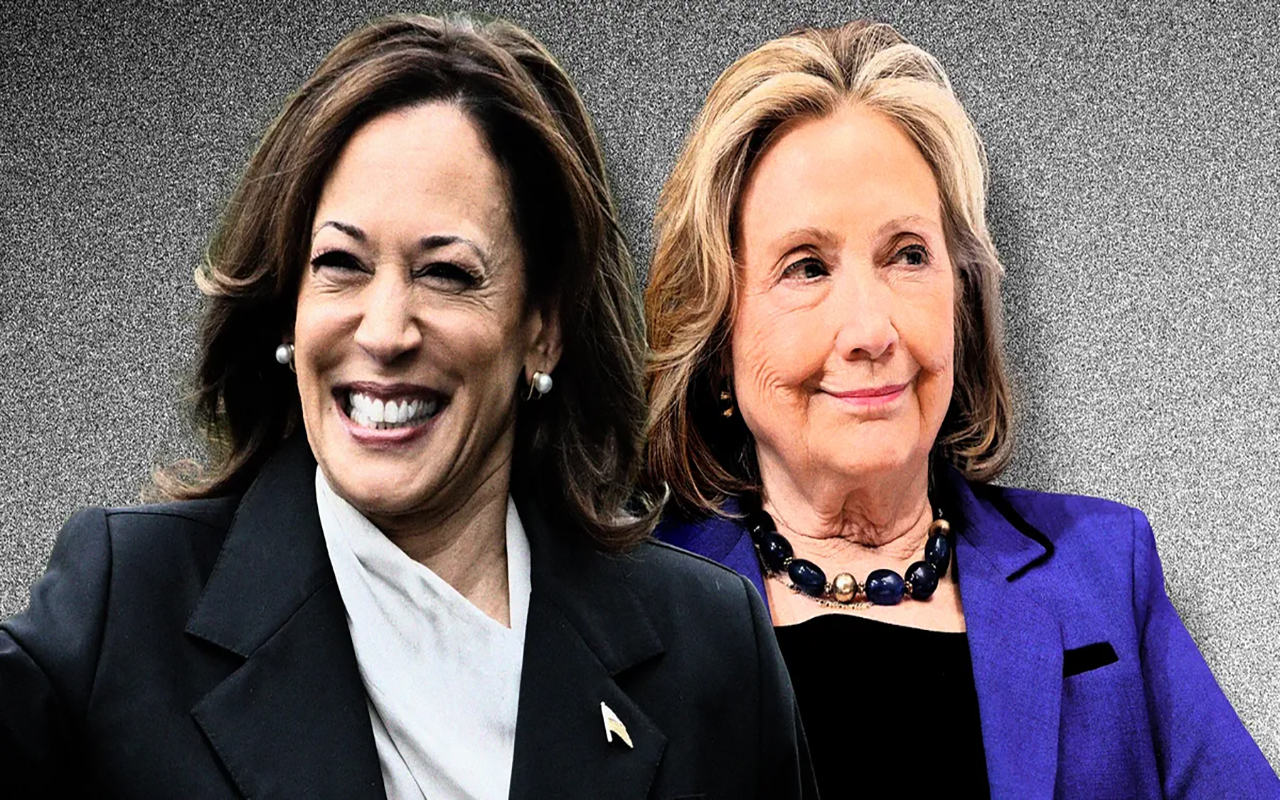
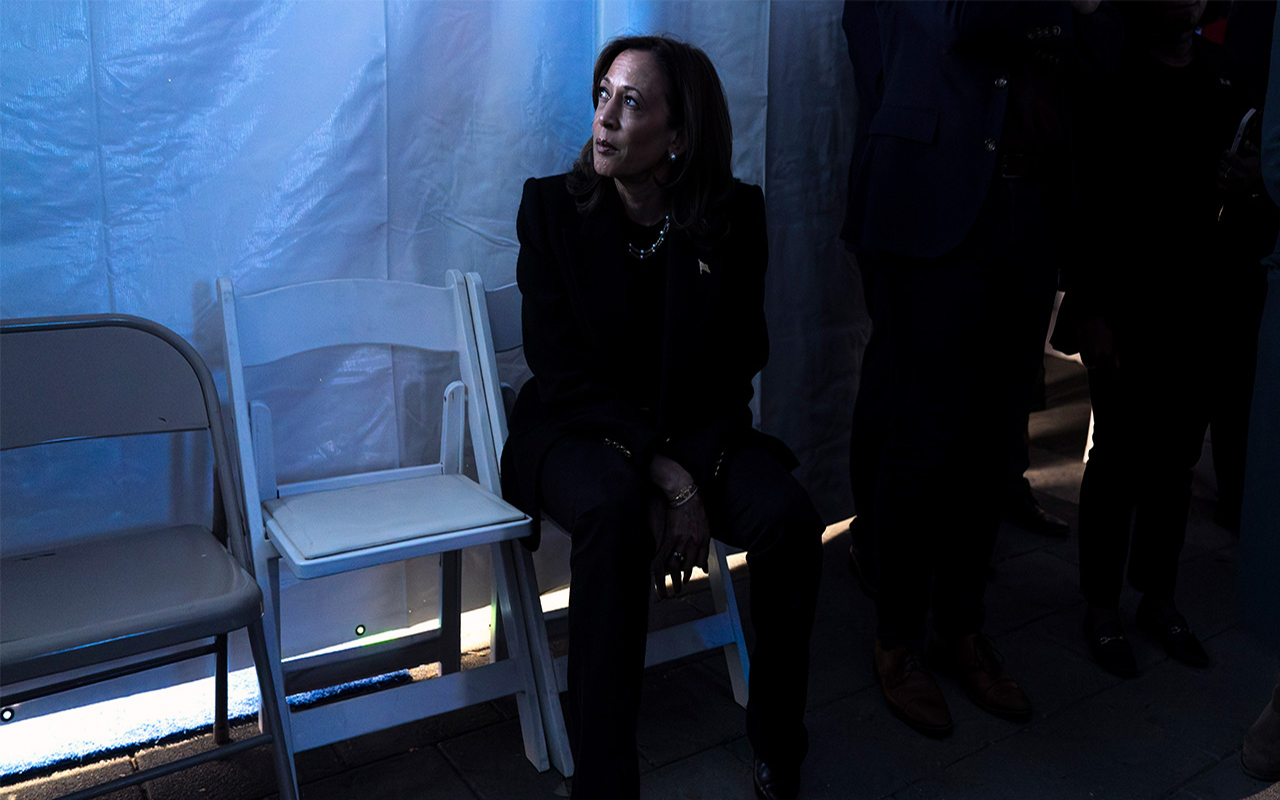
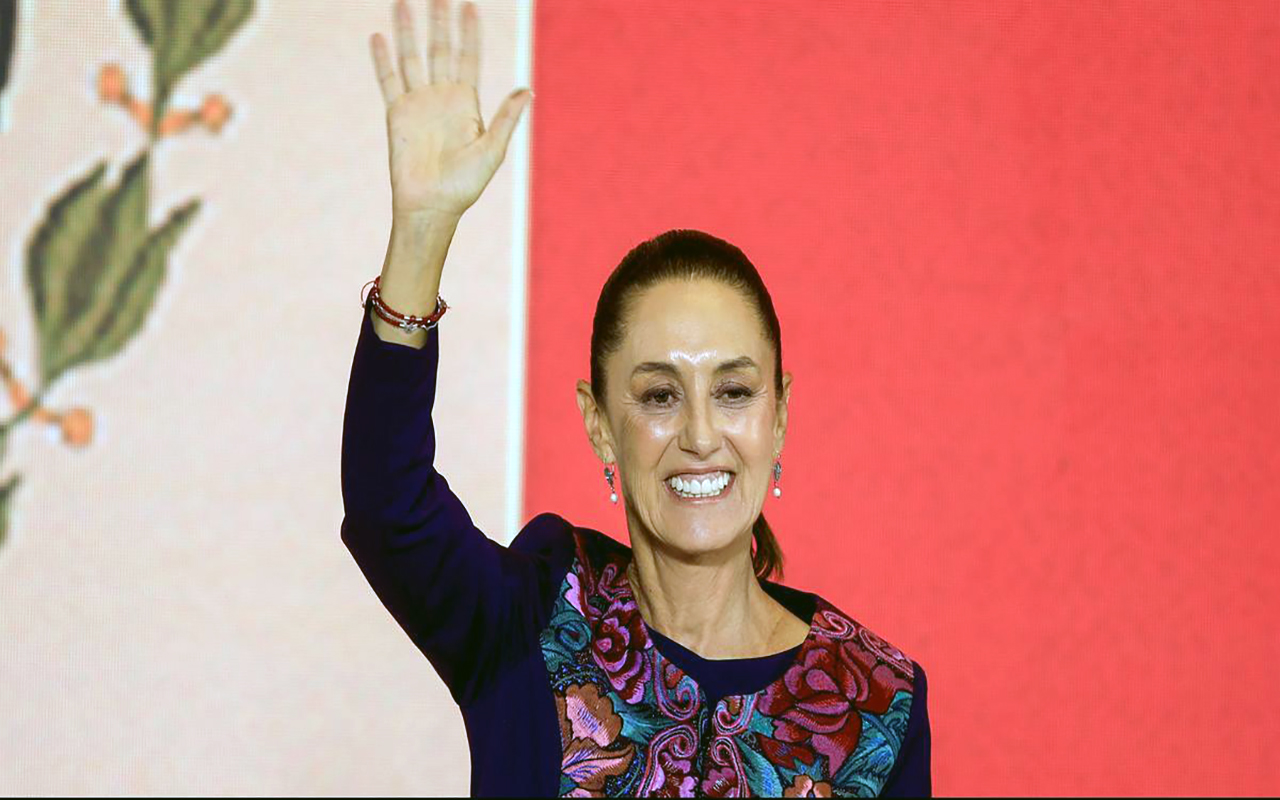

LEAVE A COMMENT: